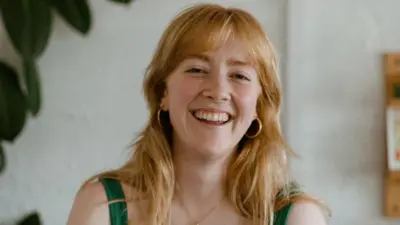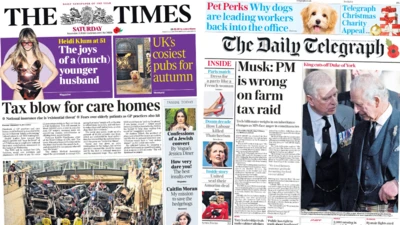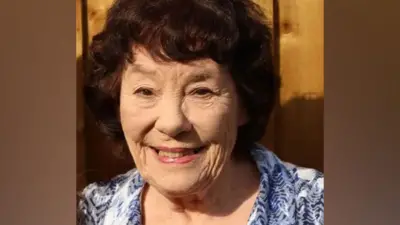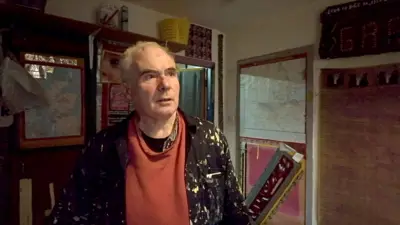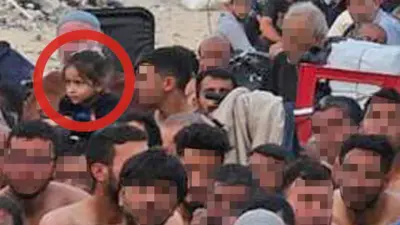We've updated our Privacy and Cookies Policy
We've made some important changes to our Privacy and Cookies Policy and we want you to know what this means for you and your data.
Saudi royal concern over growing regional unrest
- Author, Bill Law
- Role, 91ČČąŹ News
As events continue to unfold in the Middle East at bewildering speed, the kingdom of Saudi Arabia finds itself in uncharted political territory.
With protests continuing in Sanaa, the capital of Yemen - with which the Saudis share a 1,100 mile (1,770 km) border in the south - and with an uneasy calm settling in Bahrain to the east, these are nervous times for the ruling House of Saud and its aging royals, as they ponder the next move in their bid to head off any repeat of the popular revolts now sweeping Arab streets.
One thing the Saudi royal family cannot countenance is revolution in neighbouring Bahrain.
Conservative cleric Mohsen al-Awaji, reputed to be close to the Saudi Interior Minister Prince Nayef, told me: "There is no way that the royal family here will allow the Al Khalifas [Bahrain's rulers] to fall. They can't afford to."
He also spoke about the danger of what he called "fragmentation", a reference to the Shia majority Eastern province, home to most of the country's oil wealth and just across a causeway that links Bahrain to the mainland.
Saudis are growing increasingly concerned about the rising power of Shia Iran and tend to view disturbances in Bahrain as part of an Iranian plot.
'Not sectarian'
Mr Awaji speaks for many Sunni Saudis when he says of Bahrain's Shia: "Their full loyalty is to Iran."
Jaffar al-Shayeb is a Saudi Shia and political activist. He says attempts to label events in Bahrain as sectarian subversion are simply untrue.
"This is not a sectarian issue. The demonstrations are about national demands. They are about political reform and the fair distribution of wealth. Sunni Bahrainis are emerging in the movement alongside Shia."
Sunnis in Bahrain who have joined the protest are few in number and say they are being attacked by fellow Sunnis on Facebook and Twitter.
Mr Shayeb views upheaval elsewhere in the region as an opportunity for all Saudis to press for change "People want more accountability," he says. "They expect serious change and Shia here will be part of that process."
But what will that change be? Hussein Shobokshi is a businessman turned columnist well known for his liberal views.
He says reform in Saudi Arabia has been discussed for years, especially when King Abdullah came to power and created a national dialogue.
Now nearly six years on, Mr Shobokshi says the time has come to transform initiatives into reality. "There is a new sense of urgency. I just hope the government is in tune with it," he says.
But the House of Saud is creaking with age.
The octogenarian King Abdullah has just returned home from Morocco, where he was recuperating from an operation in the United States late last year. His brother, Prince Sultan, second in command in the line of authority, is in ill health.
That leaves the Interior minister Prince Nayef, at 75 a relative youngster, as the man most likely to guide the country sooner rather than later through challenging times.
He is deeply conservative and has long been suspicious of King Abdullah's efforts to reform the kingdom, even at a pace that most observers consider inordinately slow.
In addition to his national dialogue, King Abdullah did organise municipal elections - the country's first ever - but they are widely regarded to have been a failure, since the House of Saud was unwilling to give the elected councillors any real power.
The government has gone some way to weeding extremism out of the education system and - after a long time ignoring, and some argue fostering, terrorism - has clamped down hard on home-grown jihadists.
But unemployment among young Saudis remains stubbornly high and women in particular are frustrated that with good educations they have little opportunity.
Angry youth
Given what is happening elsewhere, will internet savvy young Saudis, equally as frustrated as their counterparts elsewhere in the Middle East, be willing to wait?
Rasha Hefza is a youth activist and founding member of Mowatana - Citizenship - an organisation dedicated to using the internet to build a civil society in the country.
"The youth here, like everywhere else in the Middle East, are impatient. They want to see action, they want people to be held accountable for doing nothing."
She says that though young Saudis are frustrated, even angry, she does not expect to see the kind of street protests that have swept through major cities elsewhere in the region.
"We don't want people to go to jail. We want a positive dialogue."
It is unlikely the royals will see the need to concede to demands for fundamental change.
On issues like allowing women to drive, the government probably will give ground. And it may indeed overhaul a corrupt, ineffectual civil service bureaucracy.
Other changes such as opening the banking system to more competition may come as well.
But such change will probably not satisfy Saudis' restless youth.
Although Rasha Hefzi says that King Abdullah is respected, she adds: "He is young in spirit but the problem is there are people around him who do not want change."
Top Stories
More to explore
Most read
Content is not available
